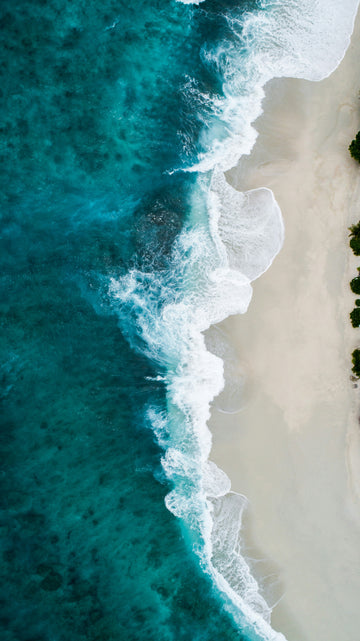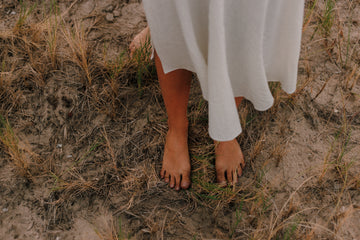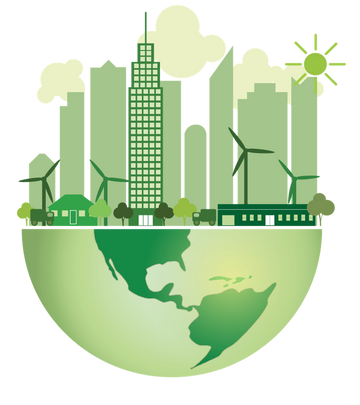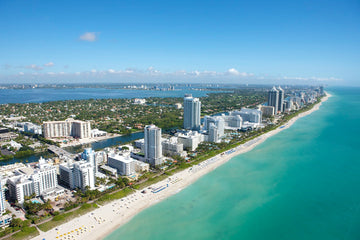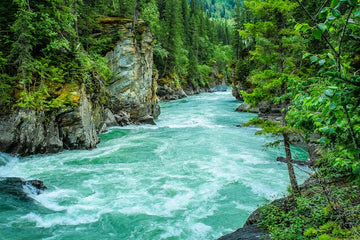
The International Day of Action for Rivers is a day dedicated to solidarity – when diverse communities around the world come together with one voice to say that rivers matter, according to the website internationalrivers.org.
It matters for those communities to have access to clean and flowing water. Everyone should have a say in decisions that affect their water and their lives. That it’s our time to stand up for these rights, now more than ever.
With the deterioration of the environment, the rivers also suffer, and therefore our source of life hangs by a thread.
Big corporations are not only controlling what we eat, see and put in our bodies but also what we drink. You may think purchasing the purest bottle of clear spring water is the best option, but then there’s the issue of single-use plastic.
On the other hand, if we don’t collaborate to keep our rivers safe, clean, and wild we might not even get the option of spring water one day.

Water is an interesting topic. One most people don’t lose sleep on, yet a human being can survive up to about a month without food but can only make it a couple of days without water. Nevertheless, we take it for granted, it’s bottled, it’s tap, etc. If you’re reading this you probably have access to clean water.
But how clean is it really?
An average river has many minerals flowing through its waters. Magnesium, calcium, sodium, and potassium are just a few. But through filtration, those minerals are eliminated. In countries like the U.S., toxic chemicals like fluoride and chlorine are added to most tap water that gets to our homes. Regular filtration gets rid of a lot of bacteria but it doesn’t remove what it’s been added, which is why people are slowly getting reverse osmosis filters for their homes of standing counter ones like the Berkey.
But those are issues and daily life habits of people living in developed cities and countries. Communities dependent on rivers have ironically less access to fresh water if we don’t keep our flowing waters safe and clean.
As their websites inform, free-flowing rivers work like arteries, providing the world’s ecosystems with critical freshwater resources that sustain a higher biodiversity per square mile than almost any other ecosystem.
Rivers are crucial to the food security, livelihoods, and cultural traditions of millions, especially indigenous and traditional peoples around the world. Yet freshwater ecosystems are being fragmented, diverted, and polluted.
Only one-third of the world’s rivers remain free-flowing, and less than 10% of the world’s river basins are protected.
So this Sunday (March 14) remember that it’s our time to stand up for these rights, now more than ever.


